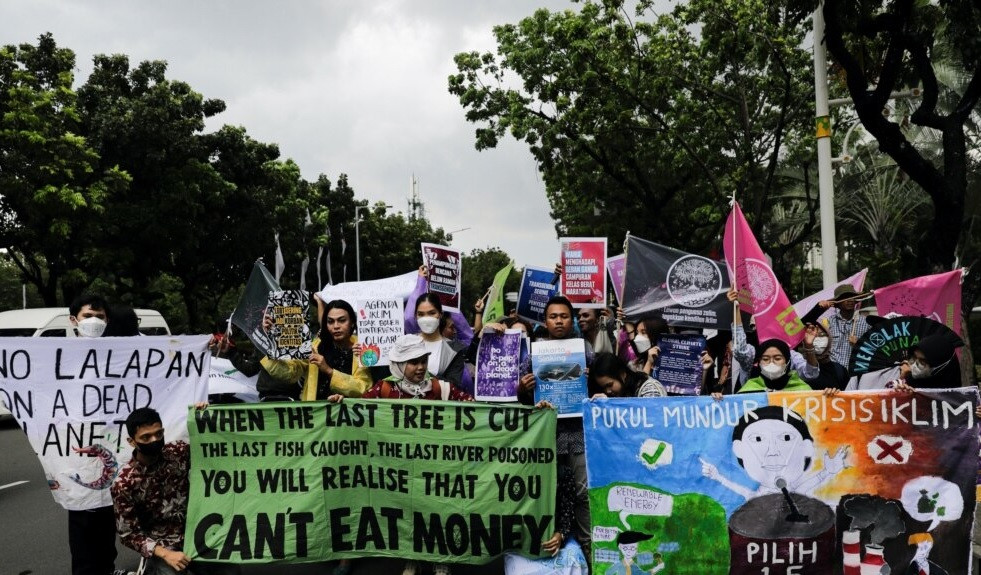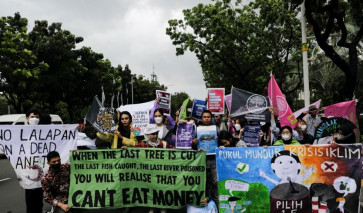Popular Reads
Top Results
Can't find what you're looking for?
View all search resultsPopular Reads
Top Results
Can't find what you're looking for?
View all search resultsCan ASEAN lead on climate change without embracing ESG?
ESG frameworks encourage companies to disclose their environmental and social risks, allowing investors to make informed decisions and hold companies accountable for their sustainability performance.
Change text size
Gift Premium Articles
to Anyone
T
he urgency of climate action hangs heavy over our planet. Asia, in general, and ASEAN, in particular, the world's most densely populated region, are both highly vulnerable to the impacts of climate change and are critical players in mitigating them alongside China and India.
The first Global Stocktake held at the United Nations Climate Change Conference (COP28) in Dubai last year marked a significant milestone in global climate action, with 18 countries in ASEAN and East Asia updating their nationally determined contributions (NDCs), estimated to cost US$11.8 trillion by 2030. But can ASEAN truly meet its climate targets without wholeheartedly embracing environmental, social and governance (ESG) principles?
ESG investing has emerged as a powerful tool for aligning the private sector’s financial decisions with environmental and social responsibility. It goes beyond traditional financial metrics to consider a company's impact on the environment, its social practices and its corporate governance. ESG can be the key to unlocking Asia's climate ambitions.
First, environmental impact. ESG principles encourage companies to reduce their carbon footprint, invest in renewable energy sources and adopt sustainable practices throughout their operations. This shift toward a greener economy is essential for Asia to achieve its climate goals.
Second, social responsibility. Climate change disproportionately impacts vulnerable communities. Integrating social considerations into ESG ensures that the transition to a low-carbon economy is just and equitable. This includes investing in climate-resilient infrastructure, creating sustainable jobs and empowering local communities.
Third, governance. Strong corporate governance fosters transparency and accountability, crucial elements for tackling climate change. ESG frameworks encourage companies to disclose their environmental and social risks, allowing investors to make informed decisions and hold companies accountable for their sustainability performance.
The post-COVID-19 recovery saw an upward trend in ESG investment in ASEAN. On global debt markets, ESG-related bonds expanded to reach a peak of $1 trillion in 2022. An ongoing ERIA study identifies a two-track approach by institutional investors into Asia from the United States, Europe and Japan.



















